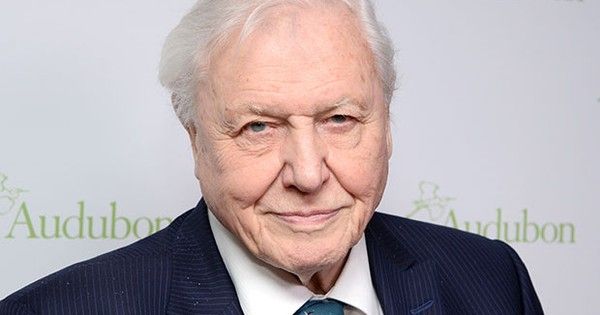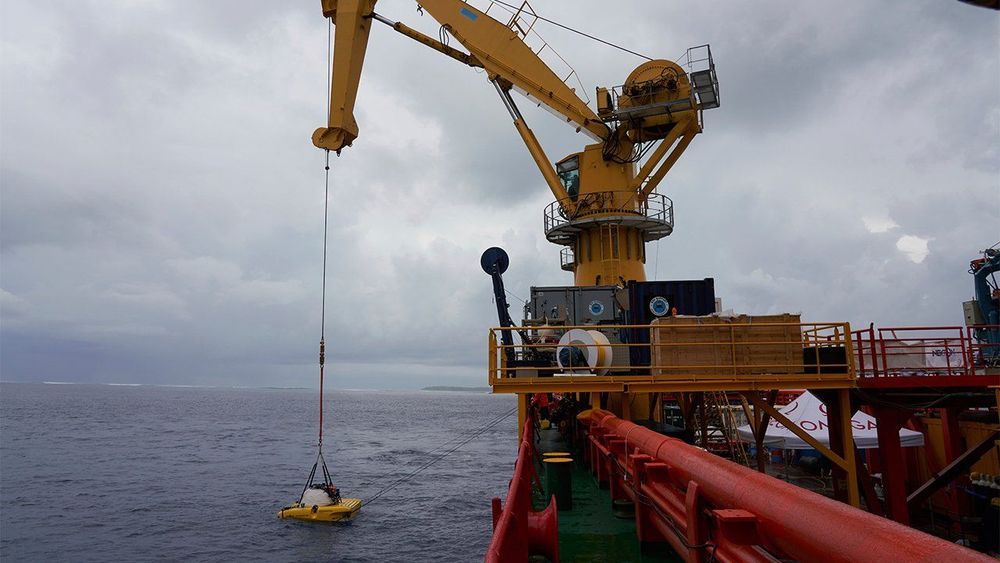Engineers want the Hong Kong-Zhuhai-Macau Bridge to last 120 years… And it just might. (via Seeker)


Engineers want the Hong Kong-Zhuhai-Macau Bridge to last 120 years… And it just might. (via Seeker)


It’s not difficult to verify whether a new piece of information is accurate; however, most people don’t take that step before sharing it on social media, regardless of age, social class or gender, a new Ohio University study has found.
A new study conducted by Ohio University professor Dr. M. Laeeq Khan found that several factors can be used to predict someone’s ability to detect misinformation, otherwise known as “fake news,” on social media. Additionally, the study found that, by looking at certain factors, it is also possible to predict if someone is likely to share misinformation based on the same factors.
The study, titled “Recognise misinformation and verify before sharing: a reasoned action and information literacy perspective,” was published in the journal Behaviour and Information Technology.





The fundamental idea of OpenAI LP is that investors and employees can get a capped return if we succeed at our mission, which allows us to raise investment capital and attract employees with startup-like equity. But any returns beyond that amount—and if we are successful, we expect to generate orders of magnitude more value than we’d owe to people who invest in or work at OpenAI LP—are owned by the original OpenAI Nonprofit entity.
We’ve created OpenAI LP, a new “capped-profit” company that allows us to rapidly increase our investments in compute and talent while including checks and balances to actualize our mission.


An unprecedented mission to explore the depths of the Indian Ocean near the Seychelles Islands and document changes taking place beneath the waves began its research on Thursday.
The British-led Nekton Mission arrived off the tiny atoll of Alphonse in the early morning hours, after looming bad weather forced a change of plan and of route.